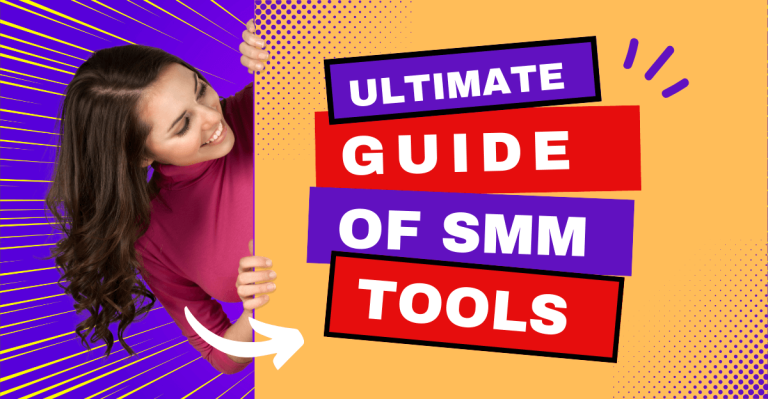Mastering SEO for your travel agency
Welcome to the world of SEO, the driving force behind online success for businesses of all sizes, including travel agencies like yours. In this guide, we'll delve into the world of Search Engine Optimization (SEO) to help you understand its intricacies and enable you to harness its potential for your travel agency website. Even if you're a complete novice to digital marketing, fear not as we'll break down the complex concepts in easy to understand steps, ensuring that you not only understand the basics but also gain the confidence to take action and improve your online presence. This means that when those travellers search for something relevant to your business, e.g. 'holidays in Crete', you appear prominently.
Chapter 1: The basics of SEO
To kick things off, let's define the fundamental principles of SEO:
Understanding of SEO: At its core, SEO revolves around the idea of optimizing your website to rank higher in search engine results pages (SERPs). The higher your website ranks, the more visible it becomes to potential customers.
Keywords: Keywords are the key (pun intended) to SEO. These are the words and phrases your target audience uses when searching for travel services. Tools like Google Keyword Planner can help you discover all the relevant keywords.
On-Page vs. Off-Page SEO: On-page SEO involves optimizing elements on your website, such as content and meta tags. Off-page SEO, on the other hand, focuses on external factors such as backlinks and social signals.
Chapter 2: Creating SEO-optimized content
Creating content that is not only user-friendly but also SEO-friendly is vital. Here's how to do it:
Quality content: Content is king and quality matters. Your content should be informative, engaging and relevant to your audience. Address common travel concerns by providing tips, share dream destinations and showcase unique travel experiences.
Strategic use of keywords: Incorporate your target keywords naturally into your content. You want the user experience to be as seamless as possible and the text to be easy to read and understand. Think about user intent and create content that answers their questions or provides solutions to their problems.
Meta Tags Optimization: Meta tags, including titles and descriptions, are the ambassadors of your site in search results. Create compelling and informative meta tags that include your target keywords to entice users to click.
Chapter 3: The technical side of SEO
Technical SEO ensures that your website works well and is easily accessible to search engines:
Mobile-friendly design: As mobile usage skyrockets, Google is giving preference to mobile-friendly sites. Make sure your site is responsive and provides excellent user experience on all devices.
Page speed optimization: Nobody likes slow-loading websites and Google knows it. Use tools like Google PageSpeed Insights to identify and fix issues that may be hindering your site's speed.
Image optimization: Compress images to improve load times and use descriptive file names and alt tags to get all the benefits of SEO.
Chapter 4: The Power of Backlinks
SEO done off-page is often underestimated, but it can have a huge impact on your site's authority:
Understanding Backlinks: Backlinks are links from other sites to your own. They act as trust signals to search engines, indicating that your content is valuable.
Quality versus quantity: Focus on acquiring backlinks from trusted travel-related sites, influential blogs and authoritative social media profiles. A few high quality backlinks can do wonders for your SEO.
Chapter 5: Local SEO for travel agencies
If you serve a specific geographic area, optimizing for local search is crucial:
Google My Business: Claim and optimise your Google My Business listing. This helps your company appear in local search results and Google Maps.
Reviews and reputation management: Encourage satisfied customers to leave reviews on platforms such as Google and TripAdvisor. Positive reviews build trust and can significantly influence your local rankings.
Chapter 6: Monitoring and Continuous Improvement
SEO is an ongoing journey. Regularly evaluate your site's performance and make adjustments based on data:
Use Google Analytics: The Google Analytics 4 provides invaluable information about your site's traffic, user behaviour and conversion rates. This data helps you make informed decisions about your SEO strategy.
Frequent content updates: New content signals to search engines that your site is active and up to date. Regularly update your blog with new articles and refresh existing ones to maintain relevance.
You are now equipped with a comprehensive understanding of SEO and the practical knowledge needed to improve your travel agency's online presence on Google. Embrace these strategies one step at a time and watch your website rise in Google rankings, attracting more potential clients to your travel agency's services. If you ever find yourself in need of guidance or want to explore advanced SEO tactics, our team is here to help. Your success in the digital landscape is our top priority and we're excited to help you achieve it!




